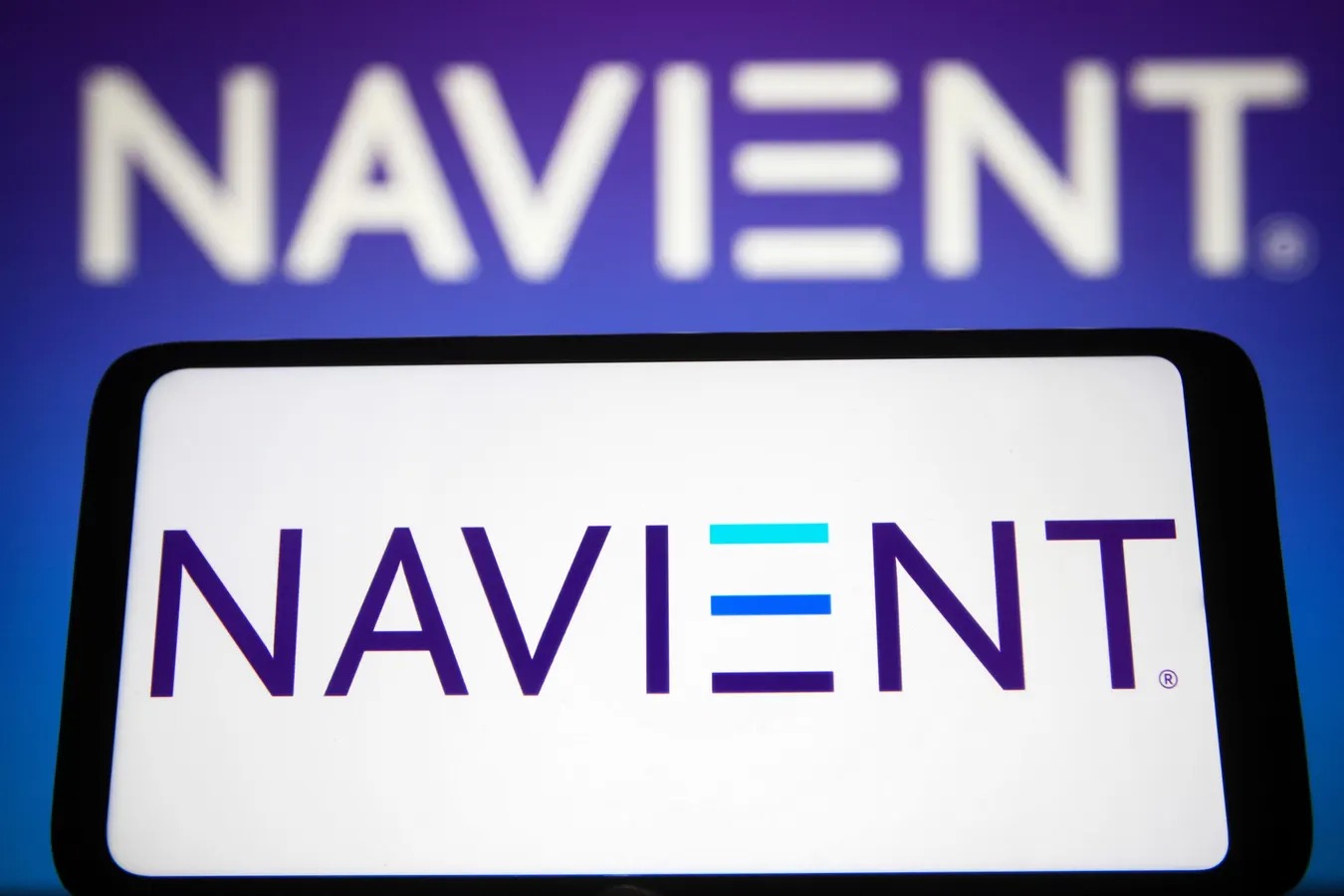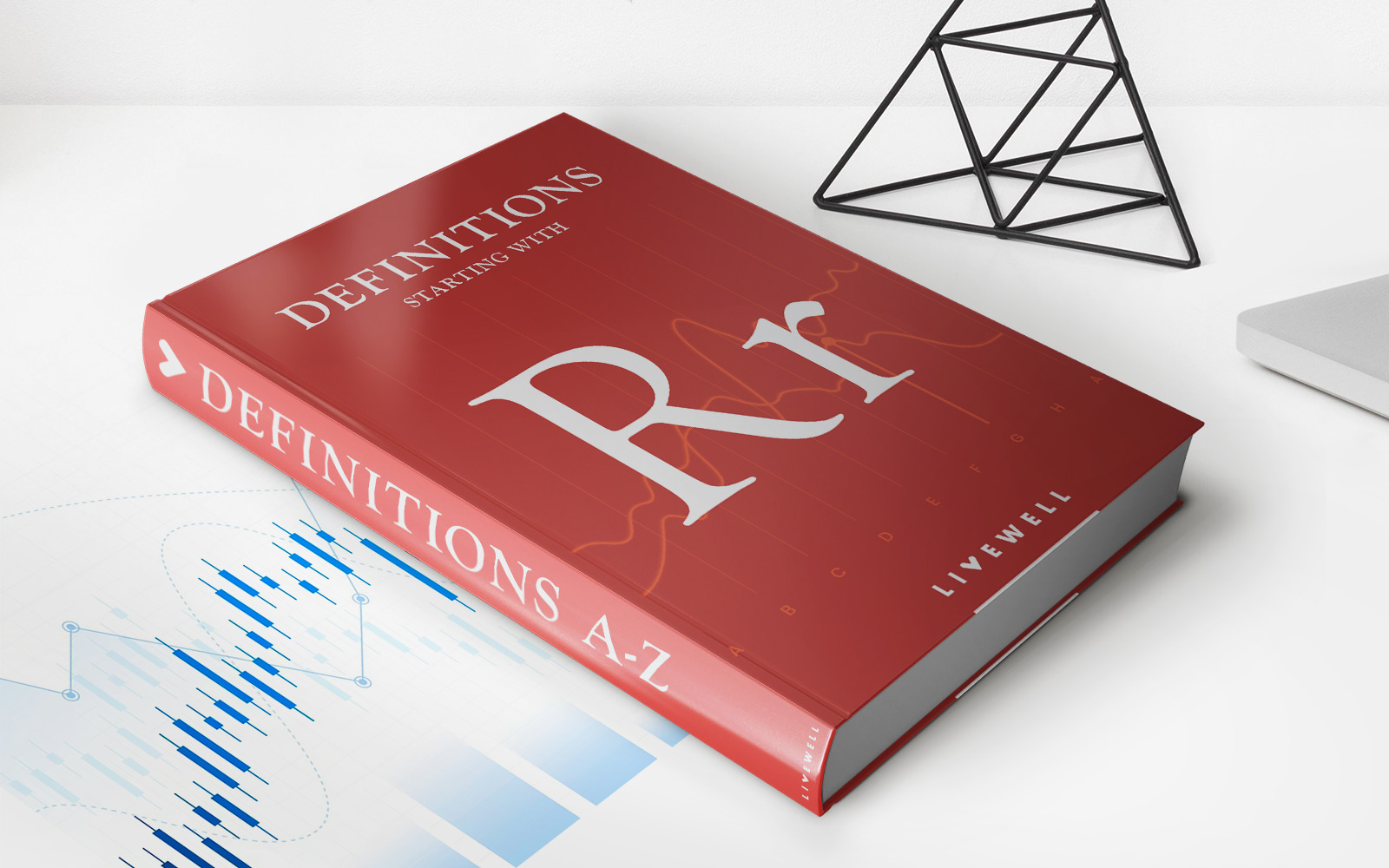Home>Finance>How Long Is The Grace Period For Student Loans?


Finance
How Long Is The Grace Period For Student Loans?
Published: February 19, 2024
Learn about the grace period for student loans and how it impacts your finances. Find out how long you have before repayment begins. Understand the financial implications.
(Many of the links in this article redirect to a specific reviewed product. Your purchase of these products through affiliate links helps to generate commission for LiveWell, at no extra cost. Learn more)
Table of Contents
Introduction
Student loans are a crucial aspect of financing higher education for millions of students. Understanding the nuances of student loan repayment, including the grace period, is essential for borrowers to effectively manage their financial obligations post-graduation. The grace period represents a significant window of time after graduation during which borrowers are not required to make repayments on their student loans. This period provides a transitional phase for graduates to secure employment and establish their financial stability before commencing loan repayments.
Navigating the complexities of student loans can be daunting, especially for individuals who are new to the world of personal finance. However, with the right knowledge and strategies, borrowers can confidently approach their student loan repayment journey. In this comprehensive guide, we will delve into the intricacies of the grace period for student loans, shedding light on its significance, duration, and implications for both federal and private student loans. Additionally, we will explore the importance of familiarizing oneself with the specifics of the grace period and offer practical tips for effectively managing student loan repayments. Whether you are a recent graduate or a current student preparing for the eventual repayment phase, this guide aims to equip you with the essential information needed to navigate the terrain of student loan grace periods with confidence and clarity.
Understanding the Grace Period for Student Loans
The grace period for student loans is a predetermined timeframe following a borrower’s graduation, withdrawal from school, or transition to part-time enrollment status during which they are not required to make payments on their student loans. This period serves as a buffer, allowing individuals to prepare for the commencement of loan repayments. It is important to note that the duration of the grace period and its terms may vary based on the type of student loan – federal or private.
During the grace period, interest may continue to accrue on certain types of loans, particularly unsubsidized federal loans and most private loans. Understanding the implications of interest accrual during this phase is crucial for borrowers, as it directly impacts the overall cost of the loan. Additionally, for subsidized federal loans, the government covers the interest during the grace period, alleviating the financial burden on the borrower.
As borrowers transition from their academic pursuits to the workforce, the grace period offers a valuable opportunity to assess their financial situation, explore career prospects, and establish a solid foundation for managing their student loan obligations. This interim period can significantly influence the overall trajectory of a borrower’s repayment journey, making it essential for individuals to grasp the specifics of their grace period and prepare accordingly.
Federal Student Loan Grace Period
For federal student loans, the grace period typically lasts for six months after the borrower’s graduation, withdrawal from school, or transition to less than half-time enrollment status. This six-month window provides borrowers with the opportunity to secure employment and organize their finances before they are required to commence repayments. It is important to note that not all federal student loans offer a grace period, and it is vital for borrowers to understand the terms of their specific loans.
During the grace period, borrowers of subsidized federal loans benefit from the government covering the accruing interest, thereby easing the financial burden during this transitional phase. On the other hand, for unsubsidized federal loans, interest continues to accrue, and borrowers have the option to either pay the interest during the grace period or allow it to capitalize, adding to the total loan balance.
Understanding the nuances of the federal student loan grace period empowers borrowers to make informed decisions regarding their financial responsibilities. It provides a valuable window for graduates to seek employment opportunities, evaluate their financial capabilities, and create a realistic plan for loan repayment. By leveraging the grace period effectively, borrowers can lay the groundwork for a successful transition into the repayment phase, ultimately contributing to their long-term financial well-being.
Private Student Loan Grace Period
Unlike federal student loans, the grace period for private student loans is not standardized and varies across different lenders. Some private lenders may offer a grace period similar to federal loans, typically lasting six months after the borrower’s graduation or separation from school. However, it is imperative for borrowers to review the terms and conditions of their specific private loans to ascertain the presence and duration of the grace period.
During the grace period for private student loans, it is essential for borrowers to understand the implications of interest accrual. In most cases, interest continues to accumulate on the loan balance during this phase, potentially leading to a higher overall repayment amount. Therefore, borrowers are encouraged to explore options for making interest payments during the grace period to mitigate the impact of accruing interest.
Given the variability in grace period offerings among private lenders, borrowers should proactively engage with their loan servicers to gain clarity on the specific terms governing their loans. By familiarizing themselves with the intricacies of the grace period for private student loans, borrowers can effectively strategize their post-graduation financial planning and prepare for the impending transition into the loan repayment phase.
Importance of Knowing the Grace Period
Understanding the grace period for student loans holds significant importance for borrowers as it directly impacts their financial planning and loan repayment strategies. By being well-informed about the grace period, borrowers can make proactive decisions that align with their financial circumstances and goals. Here are key reasons highlighting the importance of familiarizing oneself with the grace period:
- Financial Preparedness: Knowledge of the grace period allows borrowers to prepare financially for the post-graduation phase. It provides a buffer to assess career opportunities, create a budget, and establish a plan for managing loan repayments.
- Interest Accrual Awareness: Understanding whether interest accrues during the grace period is crucial, especially for unsubsidized loans. Borrowers can evaluate the impact of accruing interest on the total loan amount and explore options to mitigate its effects.
- Employment Considerations: The grace period offers graduates valuable time to secure employment. By knowing the duration of this phase, borrowers can strategically plan their job search and income-generating activities.
- Loan Repayment Strategy: Familiarity with the grace period empowers borrowers to devise a well-informed strategy for loan repayment. Whether it involves setting aside funds for future payments or exploring deferment or forbearance options, understanding the grace period is integral to formulating an effective repayment plan.
- Communication with Lenders: Armed with knowledge about the grace period, borrowers can engage in informed discussions with their loan servicers. This enables them to seek clarification on the terms of their loans, explore repayment options, and address any concerns or uncertainties regarding the transition into loan repayment.
Ultimately, being aware of the grace period equips borrowers with the insights needed to navigate the post-graduation phase with confidence and foresight. It empowers individuals to take proactive steps towards managing their student loan obligations and sets the stage for a well-structured approach to loan repayment.
Managing Your Student Loan Repayment
Effectively managing student loan repayment requires a strategic and informed approach, especially during the transition from the grace period to active repayment. Here are essential tips to navigate the repayment phase with confidence:
- Evaluate Repayment Options: Familiarize yourself with the various repayment plans available for federal student loans, such as income-driven repayment, graduated repayment, and standard repayment. Assessing these options can help you choose a plan that aligns with your financial situation and long-term goals.
- Explore Refinancing Opportunities: For individuals with private student loans, exploring refinancing options can lead to potential interest savings and improved repayment terms. Research and compare offers from different lenders to determine if refinancing is a viable strategy for managing your loans.
- Budget Wisely: Create a comprehensive budget that accounts for your loan payments, living expenses, and other financial obligations. Prioritize allocating funds towards loan repayments while maintaining a sustainable balance for everyday expenses.
- Utilize Auto-Pay Benefits: Enrolling in auto-pay for your student loans can often lead to interest rate reductions and ensures timely payments, reducing the risk of missed or late payments.
- Stay Informed About Assistance Programs: Stay updated on loan forgiveness programs, especially for individuals working in public service or certain professions. These programs can provide opportunities for partial or complete forgiveness of remaining loan balances after meeting specific eligibility criteria.
- Communicate with Servicers: Establish open communication with your loan servicers to address any concerns, explore repayment options, and seek guidance on managing your loans effectively. They can provide valuable insights and assistance tailored to your individual circumstances.
By proactively managing your student loan repayment, you can navigate the post-grace period phase with clarity and confidence. Implementing these strategies can contribute to a smoother transition into active loan repayment and pave the way for a more manageable and successful repayment journey.
Conclusion
As borrowers embark on their post-graduation journey, understanding the intricacies of the grace period for student loans is paramount to their financial well-being. Whether navigating federal or private student loans, the grace period serves as a vital transitional phase, offering graduates the opportunity to lay a solid foundation for managing their loan repayments.
By comprehending the nuances of the grace period, borrowers can proactively plan for their financial responsibilities, explore career opportunities, and strategize their loan repayment approach. The grace period not only provides breathing room for graduates to establish their footing in the workforce but also influences the overall cost and trajectory of loan repayment.
Armed with knowledge about the grace period, borrowers can make informed decisions, communicate effectively with loan servicers, and explore repayment options that align with their financial circumstances. Additionally, staying abreast of assistance programs and refinancing opportunities empowers borrowers to optimize their repayment strategy and potentially reduce the long-term financial burden of student loans.
As borrowers transition from the grace period to active loan repayment, implementing prudent financial management practices, such as budgeting wisely, exploring repayment plans, and leveraging available assistance programs, can pave the way for a more manageable and successful repayment journey.
Ultimately, the grace period represents a crucial phase in the student loan repayment process, and its implications extend far beyond the initial post-graduation months. By recognizing the significance of the grace period and taking proactive steps to manage their student loan obligations, borrowers can navigate the complexities of loan repayment with confidence, setting the stage for a more secure financial future.














